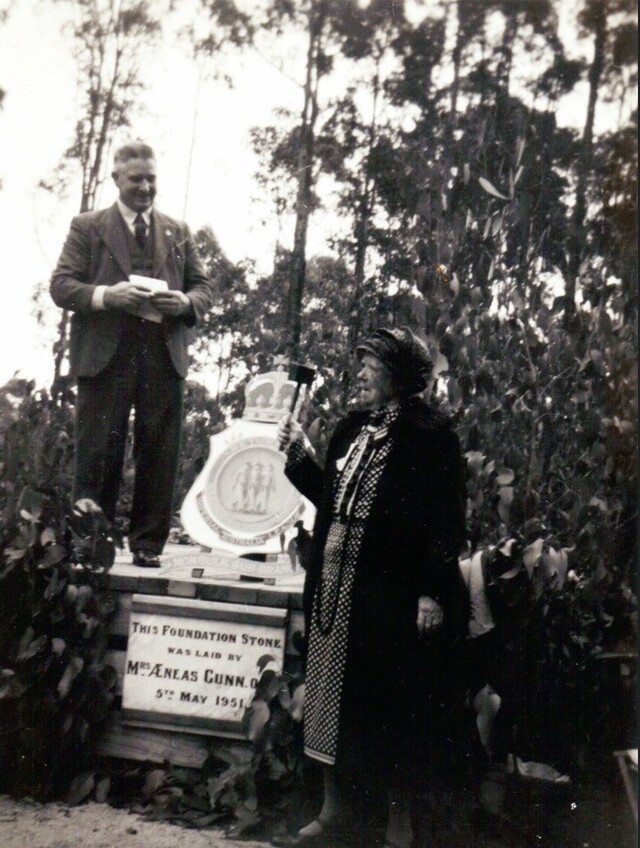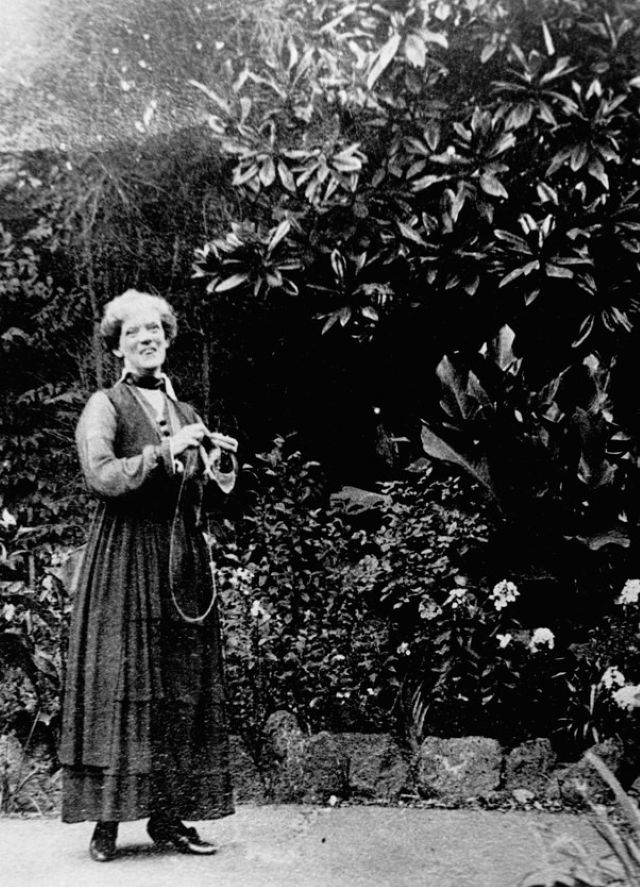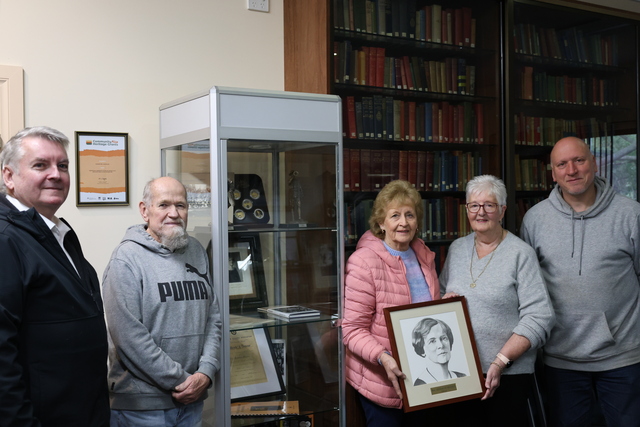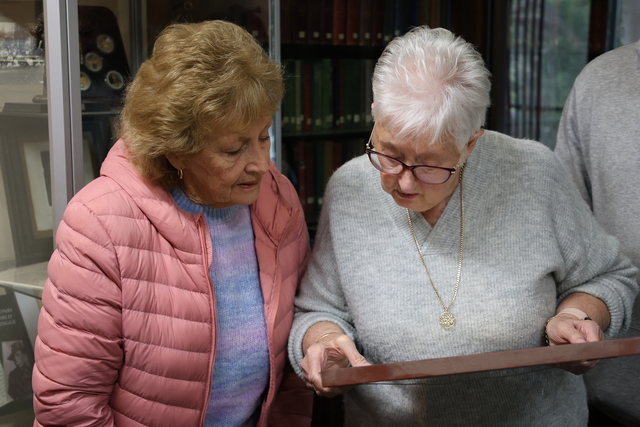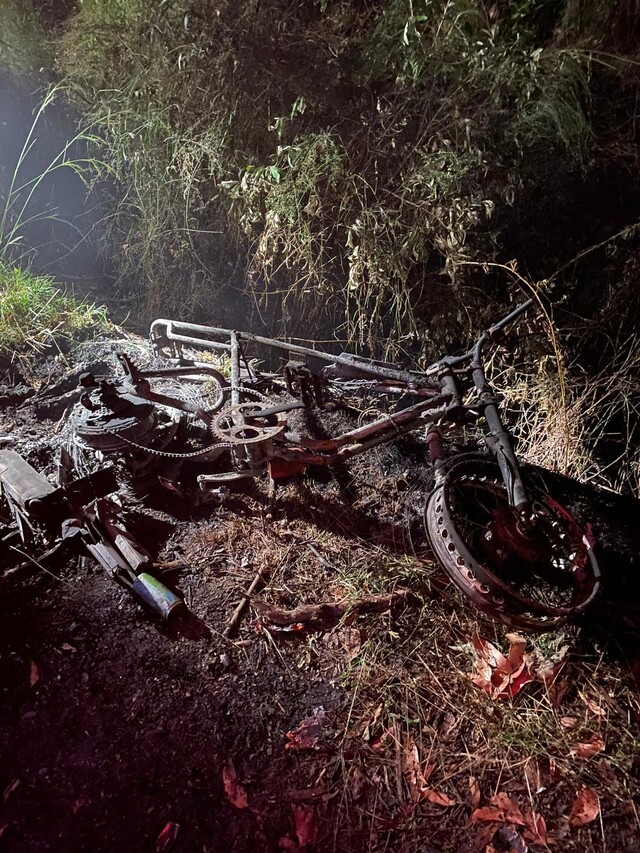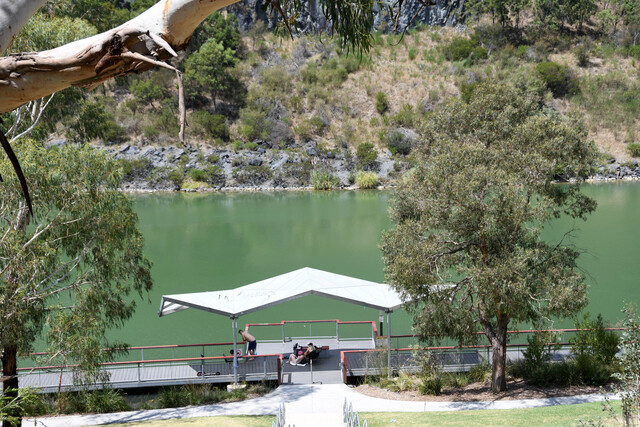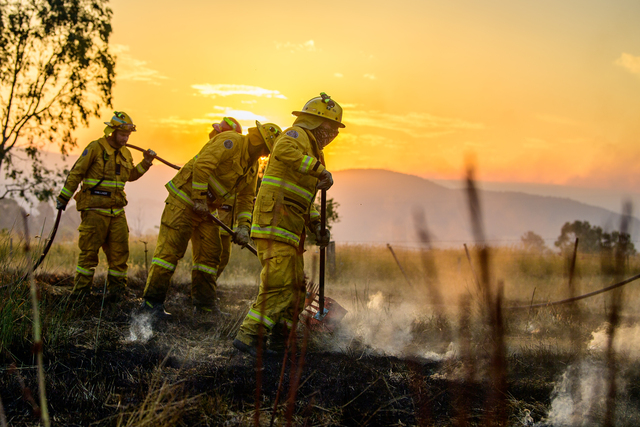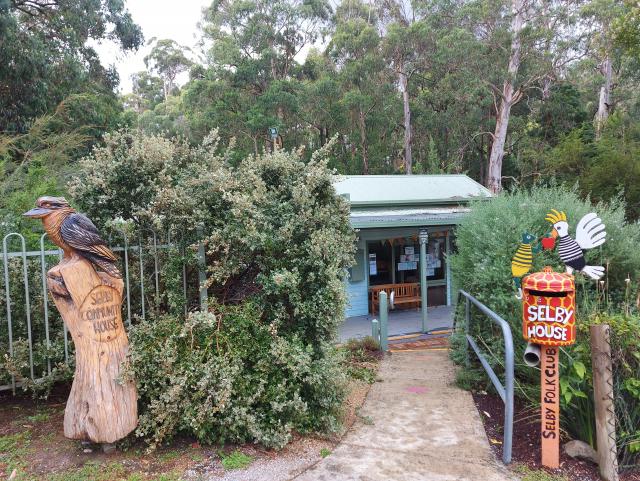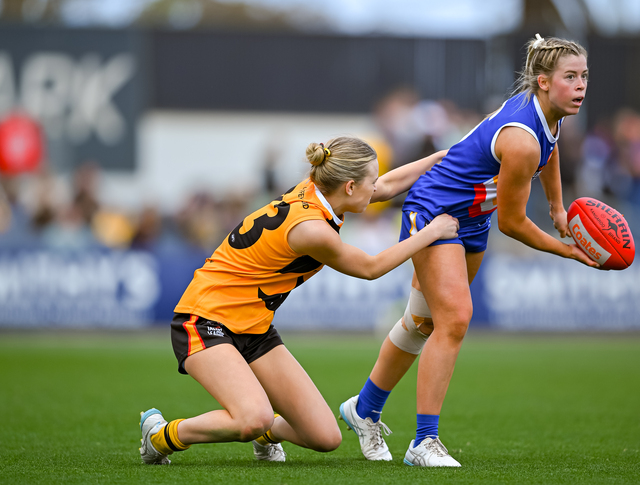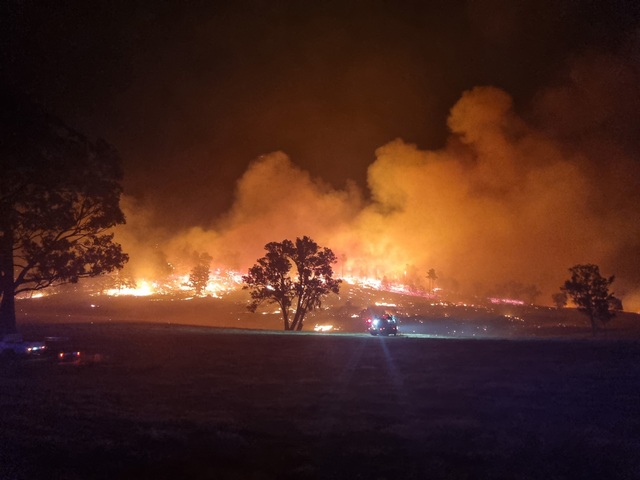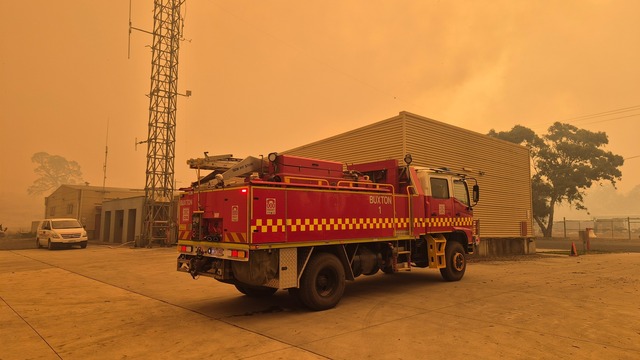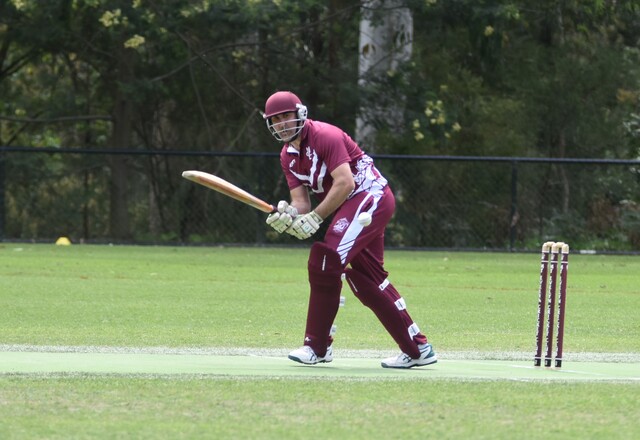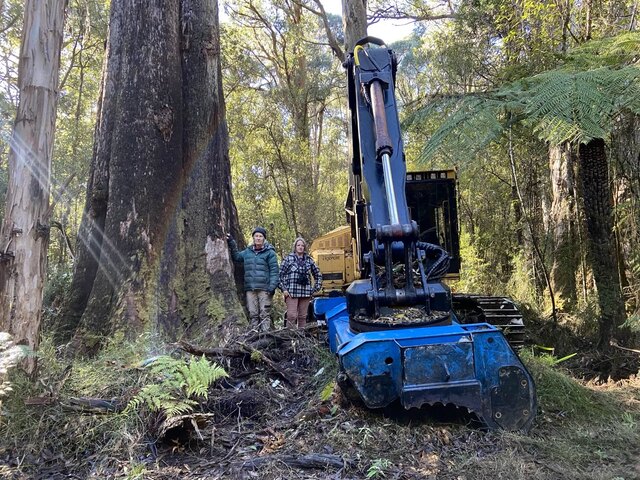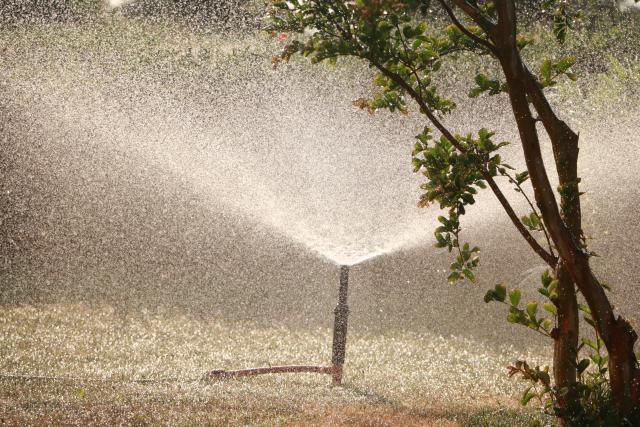A group of pioneering, history-minded locals are rallying to support a statue honoring Jeannie Gunn, a cultural icon of her time.
Jeannie Gunn was a local woman who came to live in the Dandenongs in 1893 and spent much of her life devoted to Monbulk RSL members during war times and beyond.
In Monbulk today, members of the community want to commemorate Jeannie’s life’s work, which has rippled through the lives of the local population.
Although they have tried a number of times to get Jeannie on the Victorian Women’s Honour Roll, they have now turned towards the concept of a permanent memorial.
“It will hopefully be a statue, passing on the knowledge of what she did and not letting what she did be forgotten,” said Local Historian Anthony McAleer OAM.
Mr McAleer said there are so many families who would have loved a Mrs Gunn in their lives.
“It was quite extraordinary that somebody took that much care and consideration and time and effort,” he said.
Jeannie Gunn was born in 1870 and lived until 1961. She was a novelist, teacher, and dedicated RSL volunteer.
A powerhouse of the hills, she lived between the Monbulk district and Hawthorn, and found the peaceful surroundings of the hills inspiring for her writing.
When WWI broke out, Jeannie began sending parcels to all of the Monbulk volunteers and considered all the Monbulk district men who enlisted as ‘Her Boys’.
Regularly checking in on their welfare, she kept a photo of every one of them on her mantlepiece.
Later, as WWII broke out, she again spent her time devoted to all the Monbulk enlistments.
By 1946, it was decided by returned servicemen to start a branch of the RSL in Monbulk.
She began establishing a library, which still exists and is housed in the Monbulk RSL, after she heard of tales of ex-digger having to go to the city for an atlas for his son.
She also campaigned for the volunteers and liaised with the government on their behalf, later becoming the Monbulk RSL’s patron.
“She, as an author, would sit down and write applications for them to the repatriation department to help them get a pension or to get a soldier settlement block and things like that,” said Mr McAleer.
Monbulk CWA President and Monbulk RSL volunteer Wendy Dennison said her husband has a direct link with Jeannie.
“His great uncle was in the Boer War and the First World War, and we have a letter as well – Mrs Gunn used to go and visit him when he was in hospital, when he was wounded,” she said.
RSL volunteer and long-time local Cheryl Elvey (nee Skepper) said her father cherished both of Jeannie’s novels, which were signed.
“Those two books were his pride and joy, and they’d sit on his bed end, and we were allowed to read them,” she said.
Ms Elvey also recalls that Jeannie used to visit and stay at the Mountain Grand Hotel, which is the well-known 1900s heritage building at the Belgrave end of the Monbulk township.
“She used to come, and my grandparents used to do Devonshire teas and things like that,” she said.
Before Jeannie’s life began in earnest in the outer east of Melbourne and after being encouraged by friends, she had began writing the books for which she would later become famous although arguably she was cherished more for her role within the community of Monbulk.
Her novels, ‘The Little Black Princess: a True Tale of Life in the Never-Never Land’ and ‘We of the Never Never’ were based on her experiences living remotely in the Northern Territory on a cattle station with her husband – Aeneas Gunn.
Aeneas passed away in March 1903 from complications of malaria and it was then that she returned to live in Melbourne.
In 1939, she was appointed an Officer of the Order of the British Empire, and also donated a completed manuscript to the Monbulk RSL in 1953 and by 1990, over one million copies of her books had been sold. Her second book, ‘We of the Never Never’, also went on to become a film.
By modern standards, the novels would likely face significant public scrutiny, but they made an impact in their time and have regarded as important to the precursor of the 1930s landscape writers of Australia. Characters within were based on her real life experiences and friendships, set against the backdrop of life at a cattle station in the early 1900’s.
“We of the the Never Never is an extraordinary book that achieved a lot,” said Mr McAleer.
Jeannie’s third book, My Boys: A Book of Remembrance, was published in 2000 and gave a unique look into Anzac history and of the lives of the Monbulk volunteers who served through the Anglo-Boer War, the Boxer Rebellion and WWI.
“She did a biography of each of the Monbulk diggers, and the manuscript she wrote, she left here, and we got that published,” said Mr McAleer.
“She’s certainly a worthy contender for this community, and it’s something we want to pass on to future generations,” he said.

